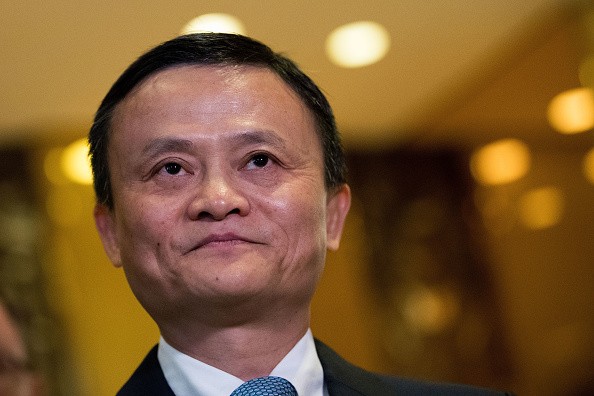Alibaba selects Brazil as a priority market for this year. The company’s CEO Jack Ma has confirmed to the Brazilian press that the company plans to “invest in e-commerce, logistics and inclusive finance” of the Latin American country.
Specifically, Ma wishes to empower local firms and entrepreneurs through Alibaba. The company also offers a $5,000 “e-Credit Line” so companies can purchase off the website. Ma also operates Ant Financial, which provides microfinancing services to small firms.
In 2015, Ma pledged assistance to a million tech entrepreneurs and 10 million vendors in China until 2018.
In addition, Alibaba partnered with China Foundation for Poverty Alleviation (CFPA) to be the guarantor of loans of 300 of China’s poorest municipalities.
Ma has also vowed to create 1 million jobs in the U.S., aligning his goals with those of President Donald Trump.
“If we help small companies, women and farmers, we create many jobs,” Ma said.
Alibaba helped in the creation of 30 million jobs in China by providing assistance to 12 million small Chinese companies.
The e-commerce giant has several B2B (business to business) and B2C (business to customer) deals in Brazil. Regardless of some undisclosed “setbacks,” the company is pressing forward in achieving its goals for the country.
Ma is hoping that by providing assistance to local commerce, the company will also be able to help increase jobs in the Latin American country.
In 2014, Alibaba launched its business in Brazil. Currently, the country is now its fourth largest user population at 2.5 million.
Ma has begun discussing the opening of a regional office in Brazil. His goals are not solely focused on increasing his wealth, but rather, he has a bigger purpose in mind.
“We must treat the Internet as we treated energy in the last century. Everything will be on the Internet. But for this, the infrastructure must be global so that all can access it,” the CEO said.
“We don’t want to globalize Alibaba. We want to globalize the infrastructure that makes e-commerce possible,” he added.
With Brazil as a priority market, Alibaba can progress on its goal of helping small enterprises, and in turn, its goal of providing jobs to the poor.



























